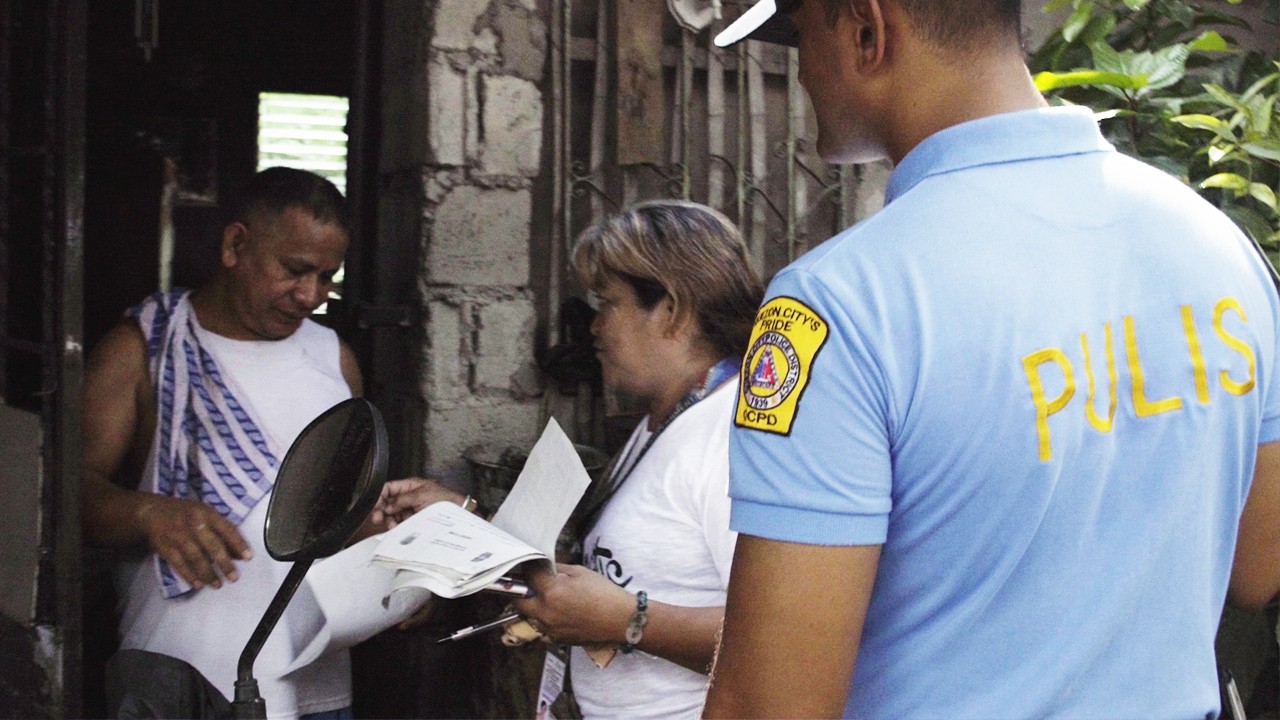Getty Images
Philippine officials dismissed Wednesday a recent U.S. intelligence report that branded President Rodrigo Duterte a regional threat to democracy.The document makes it “very difficult to be friendly” with Washington, Duterte spokesman Harry Roque said.The Office of the Director of National Intelligence last week published an assessment that identified Duterte, along with the Rohingya crisis, Thailand’s military-drafted constitution and Cambodian strongman Hun Sen as obstacles to democracy and human rights in southeast Asia.The report, giving the U.S. intelligence community’s overview of the global threat landscape, said that Duterte will “continue to wage his signature campaign against drugs, corruption, and crime. Duterte has suggested he could suspend the Constitution, declare a 'revolutionary government,' and impose nationwide martial law.”Roque released a statement saying his office viewed the assessment “very seriously.” While the Philippines values its friendly relationship with Washington, he said, “with declarations such as this, it is very difficult to be friendly with the United States.”The spokesman also shrugged off the appraisal of Duterte’s leadership style by defending his record.“For one, President Rodrigo Roa Duterte is no autocrat or has autocratic tendencies. He adheres to the rule of law and remains loyal to the constitution,” Roque said.He added that Duterte had not imposed martial law across the country, as the report suggested. However, Duterte publicly threatened to do so as recently as December, the same month Philippines lawmakers approved his request to extend martial law in the southern region of Mindanao by another year.Roque said that Duterte's independent foreign policy meant he was “not a favorite among the Americans.”Duterte has responded angrily in the past to criticism from the U.S., particularly to censure from the Obama administration over his war on drugs, which has claimed more than 4,000 lives, and led the International Criminal Court prosecutors to open a preliminary examination into the issue. Obama cancelled a meeting with Duterte in 2016 after the Philippine leader called him a “son of a whore.”Duterte’s relationship with Obama’s successor has been much smoother, with Donald Trump praising him for an “unbelievable job on the drug problem,” and making no criticism of the killings during a visit to Manila in November.Cover Image: Rodrigo Duterte, the Philippines' president, gestures during a news conference at the Asean Summit in Manila, the Philippines, on Tuesday, Nov. 14, 2017. (Veejay Villafranca/Bloomberg via Getty Images)
Advertisement
